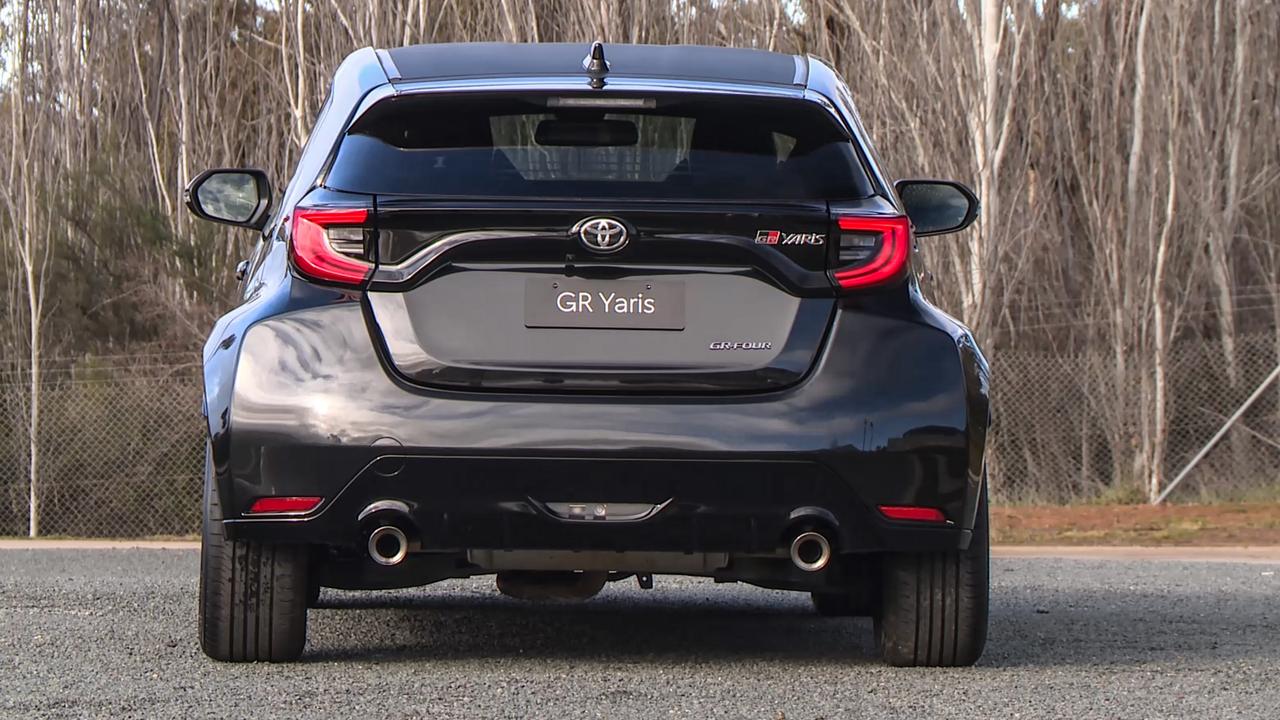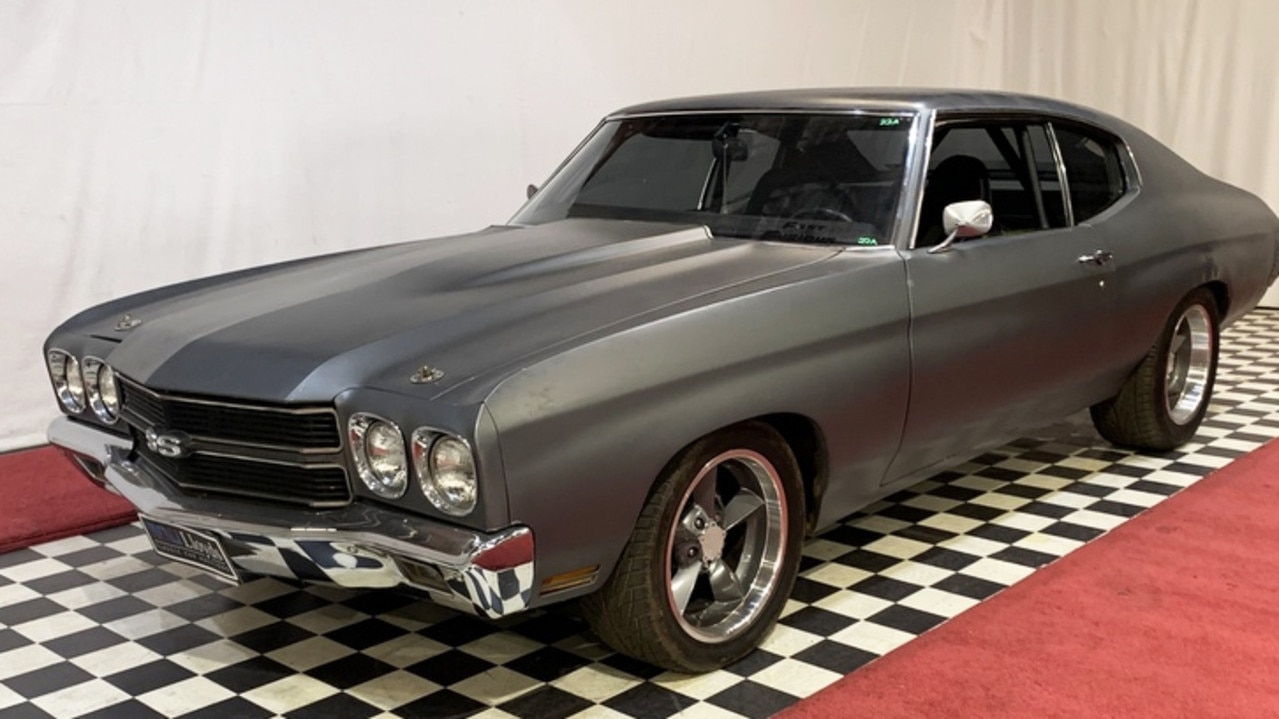Radical new road tax plan for Aussie motorists
New tax plan could save you big money each time you fill your tank and reward those who drive less.

A new tax scheme could ease your financial pain at the bowser.
The Australian Automobile Association (AAA) wants the federal government to abolish the fuel excise tax, which adds 41.2 cents to the price of every litre of fuel.
Instead, the AAA wants the government to implement a Road User Charge on all vehicles, with all funds to be reinvested in road infrastructure.
The AAA believes the current fuel excise is an unfair tax that targets those with older, less expensive vehicles that use more fuel than modern vehicles.
AAA chief Michael Bradley wants to see more of the money raised by road users put back into infrastructure — the association claims only half of the fuel excise finds its way into the federal land transport budget.
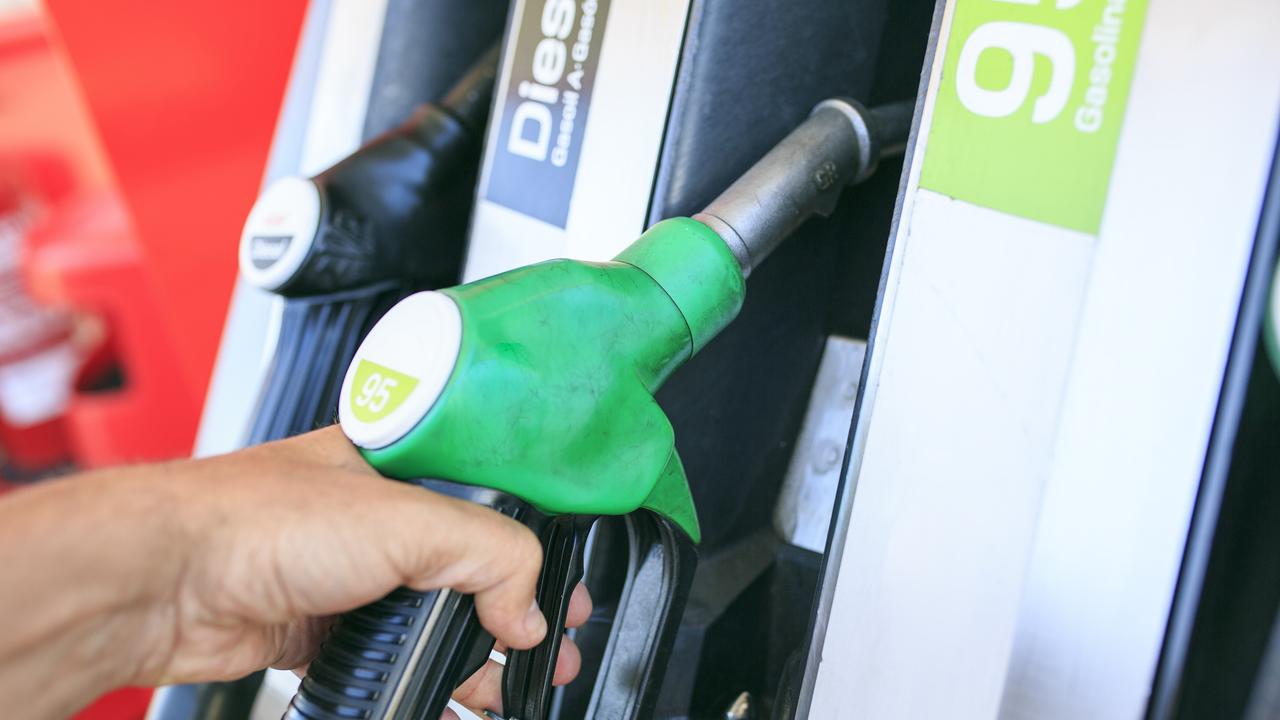
“Australian motorists will pay almost $60 billion in federal taxes over the coming four years and without significant reforms, they will continue to get a very poor return on their investment” says Bradley
“Australians pay a lot for the privilege of personal mobility and it’s very clear that Australians expect so much more than they are currently getting for that investment.
“With congestion continuing to worsen, transport costs continuing to rise, and national road safety targets all being missed, voters want their taxes ploughed back into the roads, trains, buses, and cycleways needed to relieve pressure and get their lives flowing again.”
The AAA has suggested that the road user charge should be trialled on ultra-low emissions vehicles before being expanded to petrol and diesel vehicles.
Its statement echoes the findings handed down by the Senate Select Committee Inquiry into Electric Vehicles chaired by South Australian Independent Senator Tim Storer. This inquiry explored how the federal government could boost the uptake of electric vehicles.
The report suggested counteracting the loss of fuel excise charges with a Road User Charge for EVs from 2025-26. This charge would be calculated on the number of kilometres driven and once fully implemented would cost the same as the fuel excise charge.
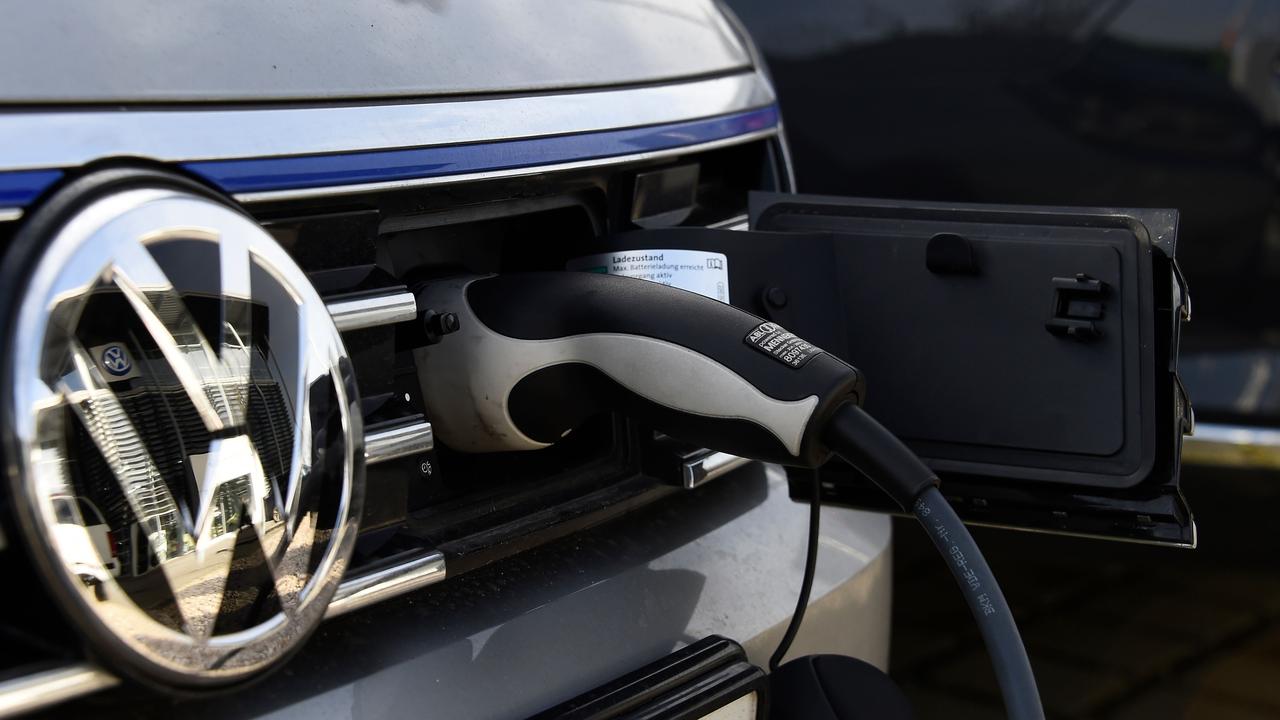
“As the contribution of fuel excise to the cost of building and maintaining our roads declines, it is only equitable that owners of EVs make a contribution to our transport infrastructure,” says Senator Storier.
“EVs are projected to achieve price parity with internal combustion engine vehicles by the middle of the coming decade, so it would be responsible and equitable policy to delay the introduction of a Road User Charge for EVs until 2025-26.”
Another key finding of the inquiry was the government should provide tax and tariffs exemptions for electric cars as incentives for buyers.
The report states that EVs should be exempt from import tariffs and Fringe Benefits Tax until 2025-26 and the federal government should underwrite reductions in registrations and stamp duty costs.
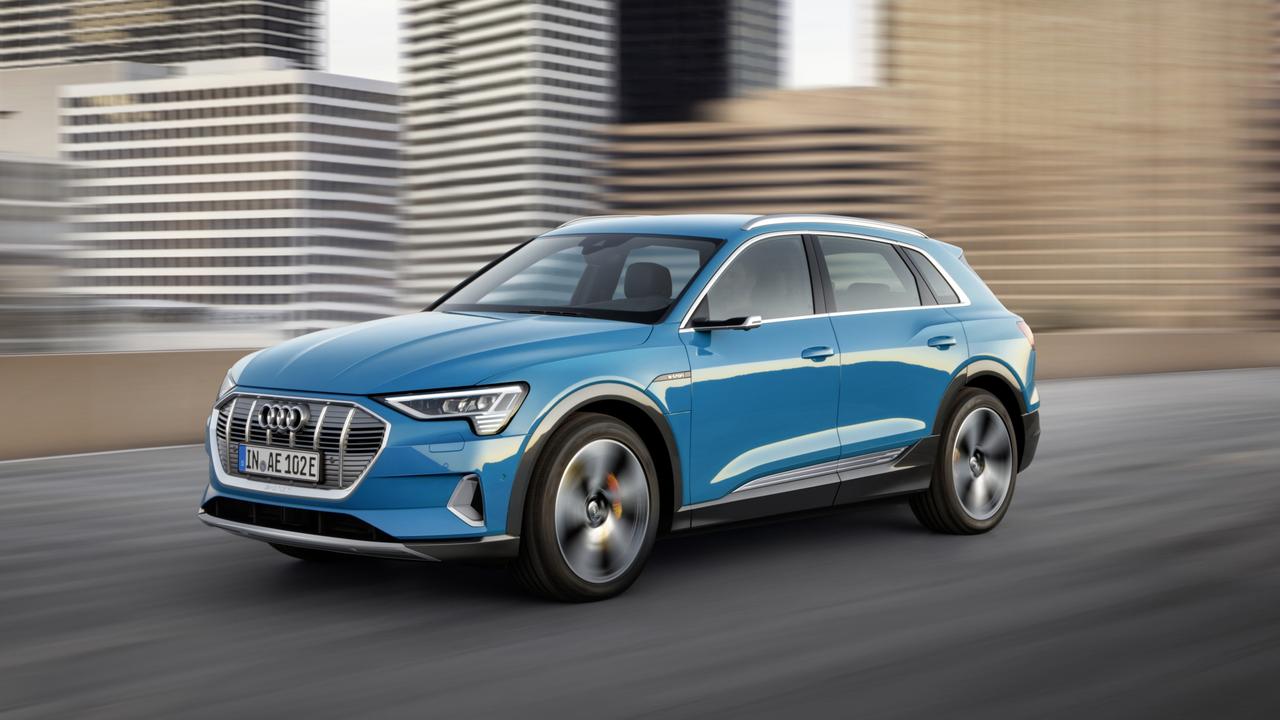
The government would offset the costs by changing the Luxury Car Tax (LCT) which adds 33 cents on every dollar over a certain amount. Currently cars that use less than 7.0L/100km are hit with the LCT on every dollar over $75,526. Cars that use more than 7.0-litres are stung with the LCT from $66,331.
But the changes would lower the fuel-use exemption to 4.0L/100km and lower the threshold of standard vehicles to $57,180. Costings estimate this would raise $1.5 billion in four years.
The Senate Select Committee Inquiry also called for $300 million investment into a national fast charging network on highways and at workplaces.
The NSW government announced last week that it has put aside funding to co-invest in fast-charging infastructure on major regional roads and at commuter car parks.
Transport minister Andrew Constance says that the government wants people to have the confidence to take longer trips in electric cars.
“More people are embracing electric and hybrid vehicles and we need to do our part to ensure we have the infrastructure in place so that people are confident to use these vehicles right across the state,” Constance says.
“That’s why we’re planning fast-charging points for major regional corridors including the Newell, Great Western, New England, Pacific and Princes Highways and the Hume Motorway.”


